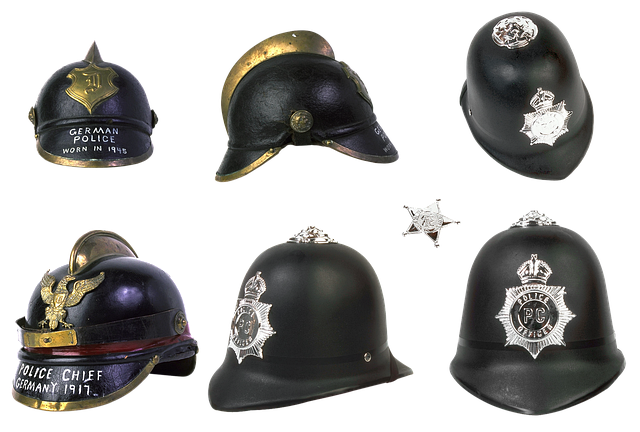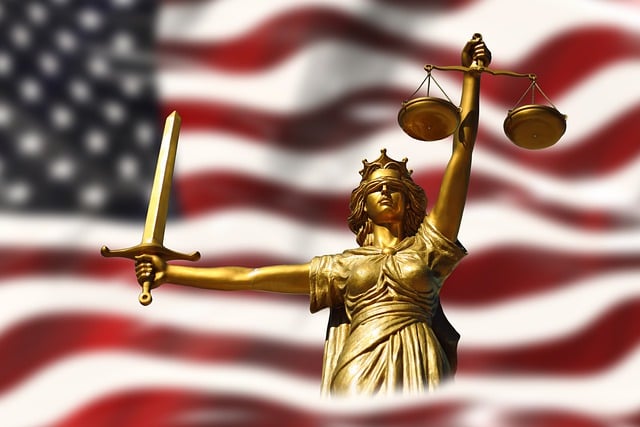Public corruption cases heavily rely on prosecutorial discretion, which significantly influences case outcomes. This power, wielded by prosecutors, dictates the path of investigations, charges, and potential trials. Key factors like evidence strength, public interest, misconduct severity, political pressure, media scrutiny, and case complexity guide their decisions. The impact is profound, as it can determine whether a case reaches trial and its verdict. Accused individuals need robust white-collar defense strategies to navigate these challenges, focusing on fairness, constitutional rights, and justice system integrity.
“Public corruption charges represent a significant challenge to societal integrity, with implications that reverberate through every stratum of government. This article delves into the intricate world of public corruption, focusing on two pivotal aspects: understanding the nature and context of these charges, and exploring how Prosecutorial Discretion Impact on Case Outcomes. By examining the role of prosecutors in handling such cases, we gain insights into the factors influencing ultimate resolutions.”
- Understanding Public Corruption Charges: Definitions and Context
- The Role of Prosecutorial Discretion in Handling Corruption Cases
- Factors Influencing Case Outcomes: A Comprehensive Analysis
Understanding Public Corruption Charges: Definitions and Context
Public corruption charges are a serious matter that involves the misuse of power or position for personal gain or to benefit others. It encompasses a range of illicit activities, from bribery and fraud to abuse of public funds and influence peddling. Understanding these charges is crucial in navigating legal systems, especially when considering the complex interplay between prosecutorial discretion and case outcomes. Prosecutors hold significant discretion in deciding which cases to pursue, how to charge individuals, and what plea bargains to offer, which can greatly impact the trajectory of a corruption case.
The goal of charging public corruption is to uphold integrity within government and public institutions. However, achieving extraordinary results in these cases requires a delicate balance. For corporate and individual clients facing general criminal defense challenges in corruption cases, understanding this dynamic between prosecutors and charged parties is essential. The outcome can shape not just legal repercussions but also the perception of justice and transparency in society.
The Role of Prosecutorial Discretion in Handling Corruption Cases
The role of prosecutors is pivotal in navigating public corruption charges, as their decisions carry significant weight in shaping case outcomes. Prosecutorial discretion, the power to choose which cases to pursue and how to charge them, plays a crucial role in the justice system. This discretion can greatly impact the trajectory of corruption investigations, especially in high-stakes cases involving white collar and economic crimes. The decision to file charges, amend them, or even decline prosecution, rests solely with the prosecutor’s judgment.
This discretion is not without consequences. It demands a balanced approach; prosecutors must consider the strength of evidence, potential public interest, and the severity of the alleged misconduct. In complex cases, where the facts may be intricate and subjective, this discretion can lead to varying interpretations of the law. As such, it’s essential for prosecutors to remain impartial, ensuring that their decisions are fair and consistent, especially when these choices could determine whether a case proceeds to a jury trial.
Factors Influencing Case Outcomes: A Comprehensive Analysis
The outcome of public corruption cases is influenced by a multitude of factors, with one of the most significant being prosecutorial discretion. The decisions made at the prosecution stage can greatly impact whether a case proceeds to trial and, ultimately, the verdict. Prosecutors weigh various elements before deciding to charge an individual or organization, including the strength of evidence, potential sentence, and public interest. This discretionary power can be influenced by factors such as political pressure, media scrutiny, and the complexity of the case itself.
In navigating these charges, a robust white-collar defense strategy is essential. Accused individuals often face unprecedented challenges, requiring an exceptional track record from their legal representation. Skilled attorneys employ strategic maneuvering, leveraging procedural hurdles, and presenting compelling defenses to secure favorable outcomes. Winning challenging defense verdicts in public corruption cases isn’t just about defeating the charges; it’s about ensuring fairness, protecting constitutional rights, and upholding the integrity of the justice system.
Public corruption charges are complex, with outcomes significantly influenced by prosecutorial discretion. Understanding the context, definitions, and factors at play is crucial in navigating these cases. The analysis highlights that while prosecutorial discretion can enhance justice by strategically prioritizing cases, it also raises concerns about fairness and consistency. By examining the impact of prosecutorial discretion on case outcomes, we can advocate for transparent policies that ensure equal treatment and strengthen the fight against public corruption.






